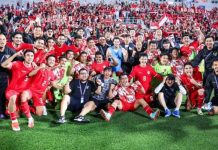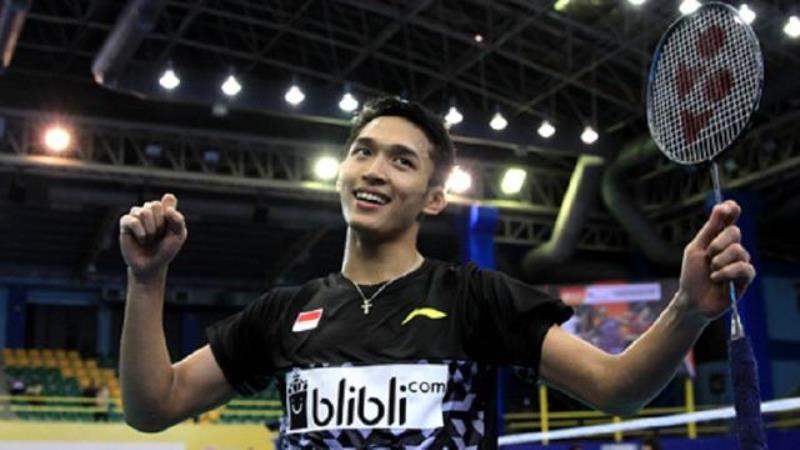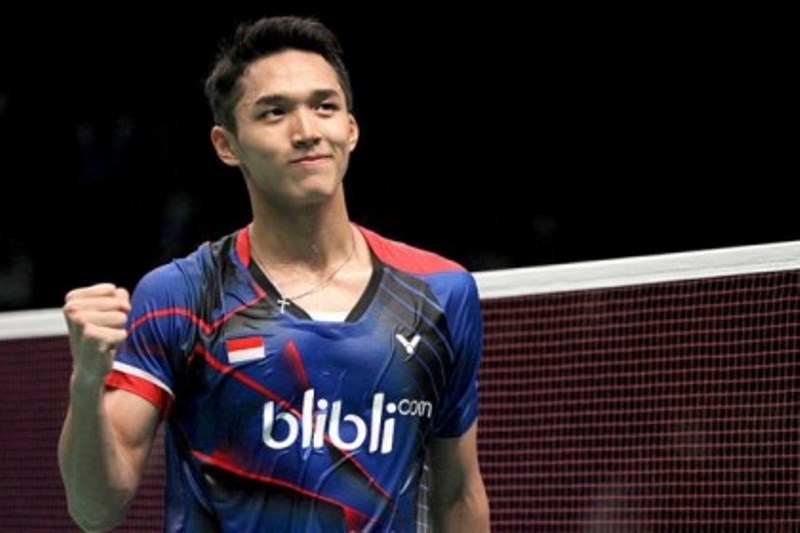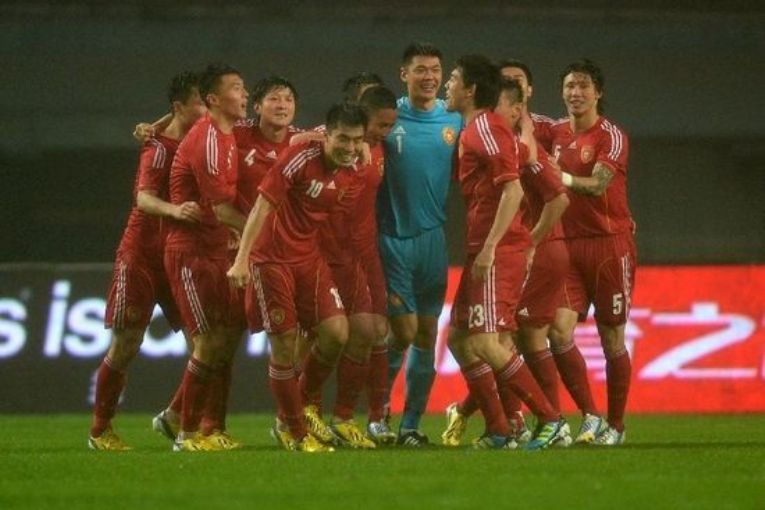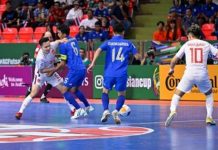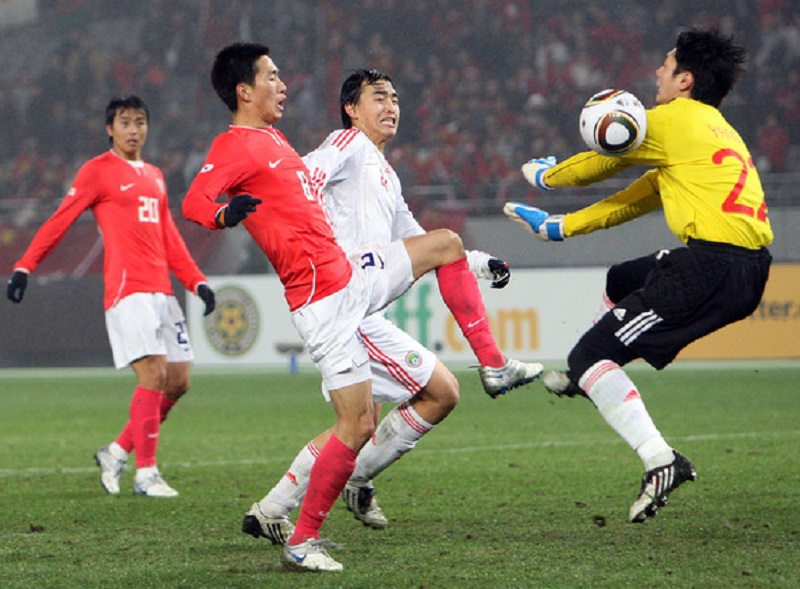
Players and coaches traipse before the Chinese Football Association (CFA) like naughty school children to plead their innocence, then await their fate. It is rarely good news.
With global interest in Chinese football growing, the CFA has been busy dishing out bans, fines or warnings for on- and off-field misdemeanours that would go unpunished or receive a mere wrist slap in most countries.
Kicking a water bottle in anger? That will cost you 15,000 yuan ($2,200) and a three-game ban.
Wearing jewellery while playing for China? Barred from the team for a year.
Criticising a referee? A 20,000 yuan fine and two-match stadium ban.
Attempting to guess the harsh extent of the CFA’s weekly punishments has become something of a sport itself among fans who vent their exasperation online.
The regular “punishment notices” are jokingly referred to by some supporters as the “routine CFA Xiaoping calligraphy exhibition” — disciplinary committee director Wang Xiaoping signs each notice.
Chinese football has come under increasing official scrutiny in recent years after President Xi Jinping expressed ambitions of Chinese football someday rivalling the world’s best.
After clubs took that cue too far and went on a massive spending spree for foreign players, authorities last year imposed caps on transfers to prevent “irrational” expenditure.
Ji Zhe, an expert on Chinese football, said the rash of punishments showed a “lack of consistency and transparency about the rules”.
“The severity of the bans is perhaps also another way for the CFA and the CSL to exert control and practise an old Chinese saying, ‘Kill the chicken to scare the monkey,'” said Zhe, director at sports marketing firm Red Lantern, which specialises in China.
– ‘Causing chaos’ –
Expensive foreign coaches and players — whose presence in the country has put the Chinese Super League (CSL) on the footballing map — have not escaped censure.
Shanghai SIPG’s Oscar, who at 60 million euros ($67.9 million) was the most expensive player ever in Asian football when he arrived in 2017, was banned for eight matches last season for kicking the ball at an opponent, triggering an all-out brawl.
Team-mate Hulk wore a T-shirt in support of his fellow Brazilian — cue two-match ban.
Andre Villas-Boas, SIPG’s coach at the time, was also hit with a two-game ban because he wrote on Instagram in defence of Oscar: “355 career games; 5 years in the English Premier League; 47 appearances for Brazil; 70 goals. ZERO RED CARDS!!! 8 games suspended.”
Villas-Boas, hardly the bad boy of the English Premier League while in charge at Chelsea and then Tottenham Hotspur, was also later banned for eight games after he criticised a referee.
The Portuguese spent only one season in China before leaving last November. There are suggestions that the bans were a major reason for him quitting.
The CFA’s disciplinary organs came under the spotlight again last week when they banned Changchun Yatai midfielder Zhang Li for six games after he “interfered with the normal order of the game, causing chaos and adverse social impact”.
Zhang had been accused of using a racial slur against Shanghai Shenhua’s Senegalese striker Demba Ba, but the punishment notice made no mention of that.
Zhang strenuously denies using a racist word and has threatened to sue, prompting many to ask: if racism wasn’t mentioned, why the long ban?
Zhe said the disciplinary spree may be “a sign that the rule book is not as comprehensive as it should be — I do know that one exists.
“It feels like it’s a ban-by-committee mechanism and each incident is treated individually and at the whim of the committee, whoever that might be.”
AFP asked the CFA about its disciplinary procedures but it declined to comment.
Agence France-Presse







